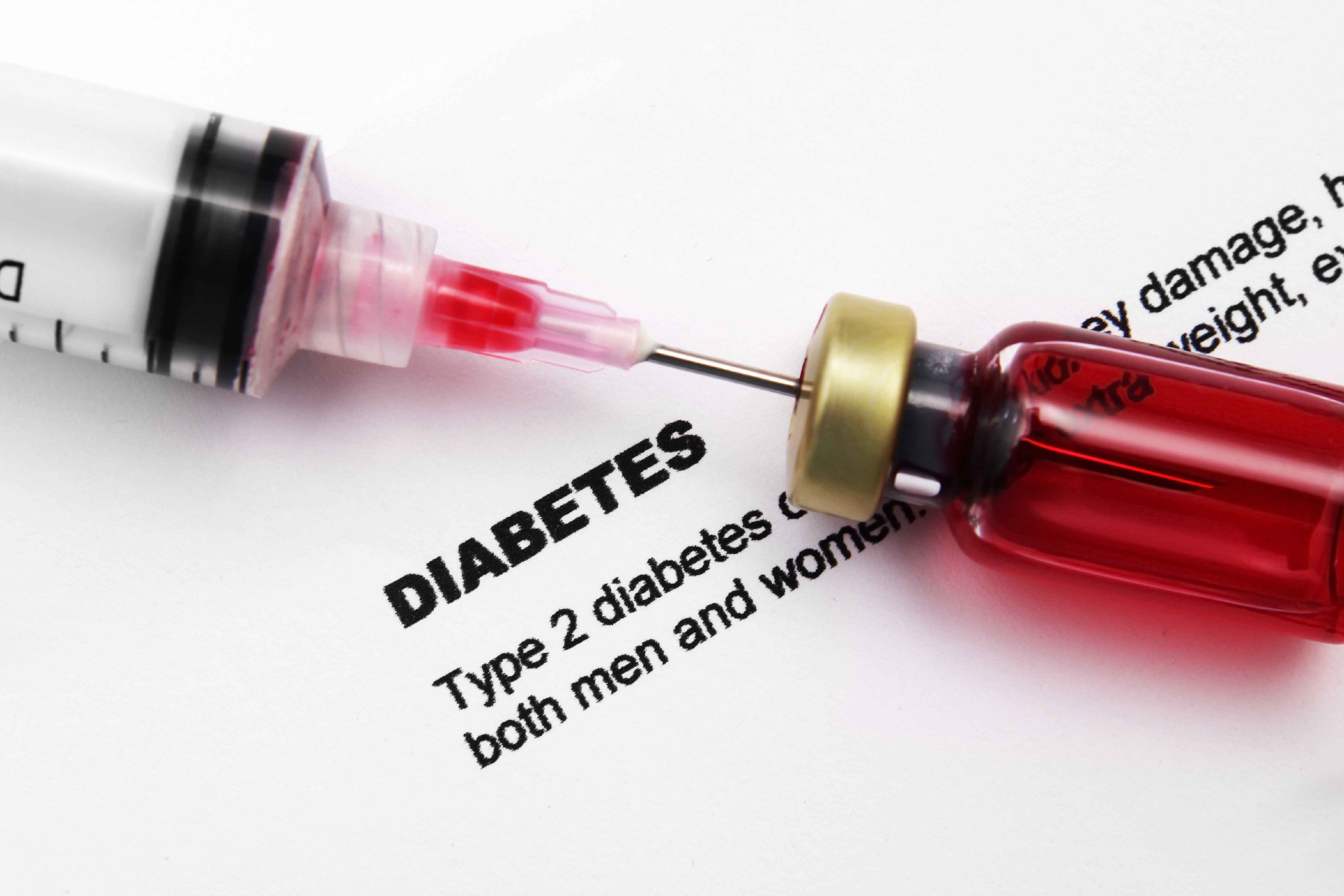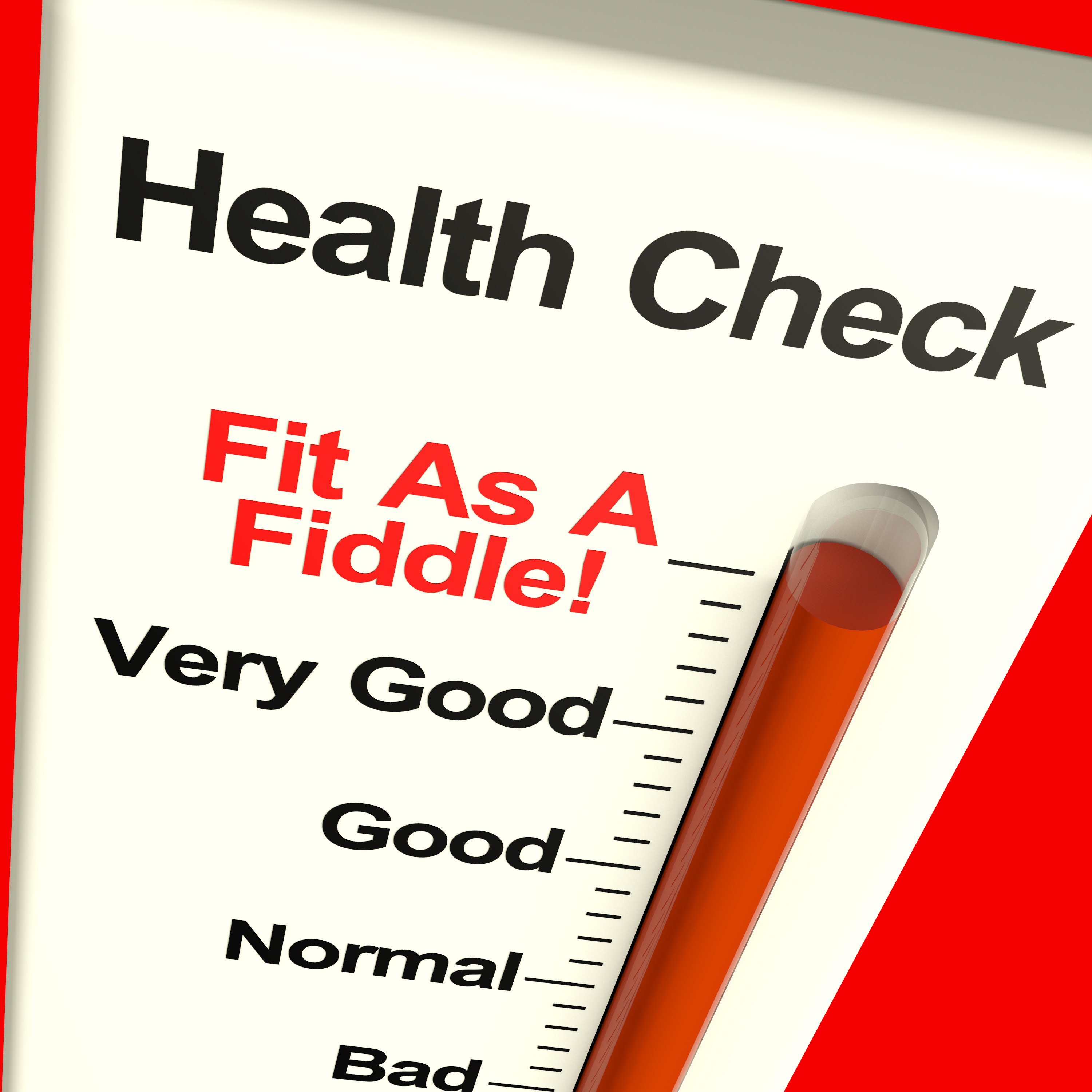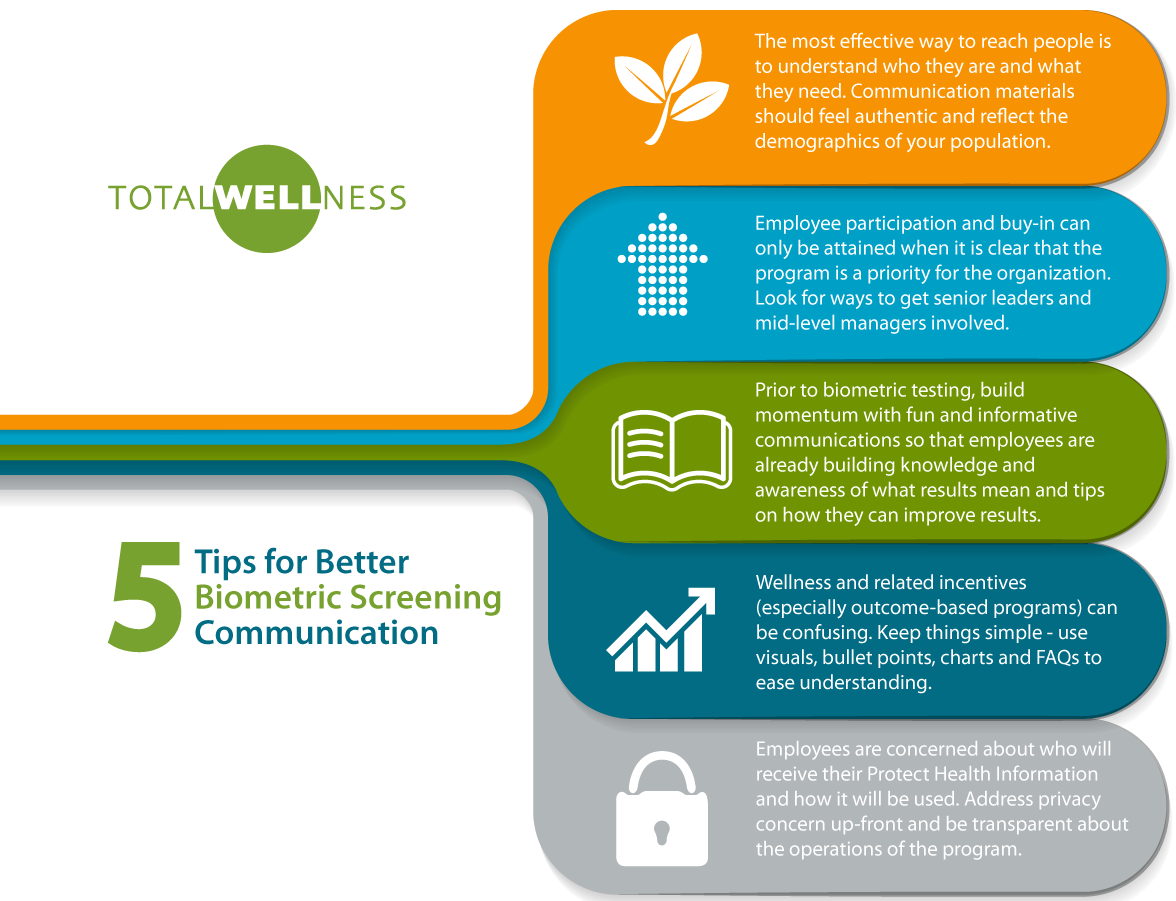Last week we hosted the first webinar, “How to Use Positive Messages to Inspire + Motivate Employees,” of our new 2015 series. Our very own Kenton Hicks, National Account Executive, spent some time going over trends, truths and tips on positivity in the workplace. If you couldn’t make it, here’s what you missed!
In Case You Missed It…Positivity in Corporate Wellness Programs
Topics: Biometric Health Screenings, Healthy Workplaces, Wellness at Work
Lately, there's been quite the buzz about employer-sponsored wellness programs, particularly in light of the EEOC's legal tussle with Honeywell. With various concerns floating around, we thought it'd be fun to give you a peek at both sides of the coin.
A Little Background
The Equal Employment Opportunity Commission (EEOC) filed a suit in October against large corporate employer Honeywell. The EEOC raised concerns in its suit regarding the wellness program and linked insurance incentives at Honeywell.
Why Biometric Screenings Are Better Than Health Risk Assessments
Health risk assessments (HRAs) have been around since the 1970s. Over the years, they were used as a supportive tool for physicians in discussing health with their patients. Today, the HRA is a self-reported measurement aide that helps to identify individual health risks based on questions about lifestyle, demographic characteristics, family history, physiological data and overall attitudes towards their wellness.
The motivations behind holding a biometric screening can range from cutting insurance costs to creating a healthy corporate culture. Regardless of the reasoning for hosting your on-site screenings, one thing is for certain – health screenings can (and do!) save lives. Here, we detail five of the most important tests your employees can take to determine their health risks, identify areas of opportunity and become healthier, happier individuals.
Topics: Biometric Health Screenings
Today is National Diabetes Alert Day, and we’re urging all of our readers to have their employees’ blood glucose levels tested. According to the American Diabetes Association, approximately seven million people currently have diabetes and aren’t aware of it. An additional 79 million Americans (1 in 3 adults) have prediabetes and are at a higher risk. Where do your employees fit in?
The Rankings Game: How Do Your Employees’ Health Stats Measure Up?
The biometric measurements are done, the blood test results are in and a comprehensive aggregate report is sitting on your desk. Find out how your population’s health results measure up against the national data below.
Topics: Biometric Health Screenings
Why Employee Health Screenings Should Be More Like Starbucks
Have you ever wondered why people spend such an exorbitant sum of money on a simple cup of coffee each month? Is the coffee magical? Maybe for some, but Starbucks' success is really based on creating a personalized customer experience and energizing their employees to deliver superior customer service. For example, their employee handbook, called "The Green Apron," talks about connecting, discovering and responding as a way to bond with customers. Starbucks has some great lines from the book – including “Our Purpose: To provide an uplifting experience that enriches people’s daily lives.”
Navigating Through Which Health Factors Should be Tied to Incentives
Employers are increasingly integrating outcome-based incentives into wellness programs. Outcome-based incentives differ from activity-based incentives in that they reward individuals based on actual results, such as reducing blood pressure levels, rather than incenting based solely on activities completed, such as participating in a monthly physical activity challenge.
Consistent, transparent communication is vital for a successful on-site biometric screening program. It's the key to having employees understand what the organization is doing for them and the reason behind the screenings.
Annoyed. Anxious. Joyful. Happy. There are a lot of ways to describe how employees feel about participating in biometric screening programs at work. A quick keyword scan on Twitter yielded these tweets about health screenings. Some are inspiring, some humorous and some are downright scary.
Topics: Biometric Health Screenings










